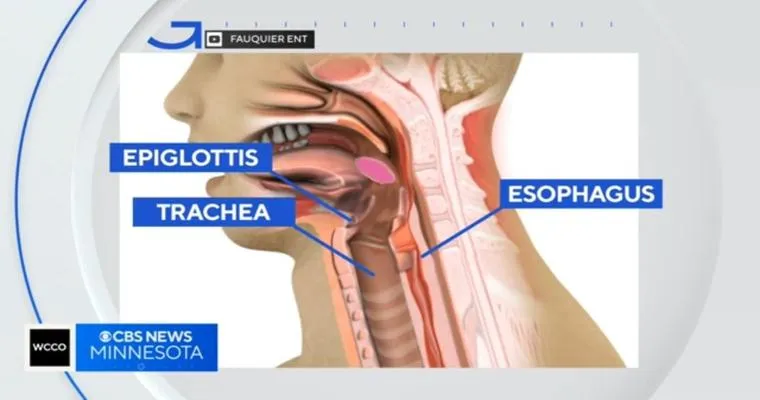Caring for a loved one who is a "tube feeder" can present unique challenges, especially when it comes to issues like "bad breath". If your husband is unable to swallow and relies on a feeding tube, you may have noticed that his breath has become unpleasant. This can be distressing for both of you, but there are ways to manage this situation effectively.
Understanding the cause of "bad breath" in tube feeders is crucial. Often, the issue can stem from a combination of factors such as a lack of saliva production, poor oral hygiene, and the buildup of food particles or bacteria. Since your husband is unable to swallow, the natural process of swallowing saliva is disrupted, which can lead to dry mouth and bad breath.
Here are some effective strategies to help improve your husband's oral hygiene and combat bad breath:
1. "Maintain Oral Hygiene": Regular brushing and rinsing can significantly improve oral health. Use a soft-bristled toothbrush to brush his teeth and gums gently. A fluoride toothpaste can help prevent cavities, which can also contribute to bad breath.
2. "Use Mouth Rinses": An alcohol-free mouthwash can help to reduce bacteria and freshen breath. Consider using a mouth rinse specifically designed for dry mouth, as it can provide additional moisture and relief.
3. "Stay Hydrated": Encourage your husband to drink plenty of fluids if he is able. Hydration can help stimulate saliva production, which is essential for neutralizing odors in the mouth.
4. "Chewing Gum or Lozenges": Sugar-free gum or lozenges can stimulate saliva production and help mask bad breath. If he cannot chew, consider flavored oral swabs that can provide a similar effect.
5. "Regular Dental Check-ups": Schedule regular visits to the dentist who understands your husband’s condition. Professional cleanings and check-ups can help identify any potential issues that may be contributing to bad breath.
6. "Diet Considerations": If your husband’s feeding tube allows for different types of nutritional formulas, consider discussing with a healthcare professional if there are options that may be easier on his oral health and contribute to fresher breath.
7. "Consult a Specialist": If the problem persists, consulting an oral health specialist or a speech therapist who specializes in swallowing can provide tailored advice and solutions for managing oral hygiene effectively.
8. "Comfort and Communication": It’s important to talk to your husband about how he feels regarding his breath and any discomfort he may experience. Open communication can help both of you find solutions together.
In conclusion, managing "bad breath" for a husband who is a "tube feeder" requires a proactive approach to oral hygiene and regular health checks. Implementing these strategies can help improve his comfort and ensure that both of you feel more at ease in your daily lives. Remember, you are not alone in this journey, and seeking support from healthcare professionals can provide additional guidance tailored to your husband's specific needs.





